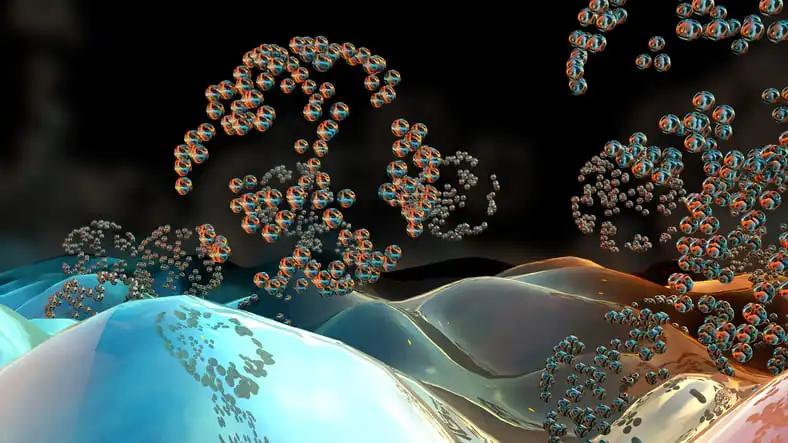KEY TAKEAWAYS
- The study evaluated allogeneic HSCT in patients with severe CTCL.
- Progression-free survival (PFS) was the primary endpoint.
- The study revealed that severe CTCL pts had an improved PFS when treated with allogeneic HSCT.
Advanced-stage cutaneous T-cell lymphomas (CTCL) are uncommon, typically refractory, and fatal conditions. Some case studies have indicated that allogeneic hematopoietic stem cell transplantation (HSCT) might enhance the outlook for patients (pts) with late-stage CTCL.
In this multi-center, matched controlled trial, pts diagnosed with severe CTCL received treatments based on the presence of a suitable related donor. They were grouped into either allogeneic HSCT or alternative treatments. A 1:1 propensity score matching approach was used, and the study focused on evaluating the progression-free survival (PFS) rate as the primary endpoint.
Of the total pts, 55 with a sibling or a compatible unrelated donor went through the allogeneic HSCT (making up 56% of 99 pts). In comparison, 44 without a donor received the alternative treatment (making up 44% of 99 pts). Within the HSCT group, 51 pts (or 93% of the 55 pts) were matched with those from the non-HSCT group.
The primary analysis revealed that the HSCT group had a median progression-free survival of 9.0 months (with a 95% confidence interval [CI] ranging from 6.6 to 30.5 months), considerably longer than the 3.0 months (95% CI 2.0-6.3) observed in the non-HSCT group. The associated hazard ratio (HR) was 0.38 (95% CI 0.24-0.62, p<0.0001). The median total survival in the matched HSCT group was undetermined, whereas it was 26.9 months (95% CI 16.1-NA) in the matched non-HSCT group (HR 0.54, 95% CI 0.27-1.11, p=0.092). Evaluating the per-protocol group, the HR for total survival stood at 0.37 (95% CI 0.16-0.84, p=0.018). Additionally, the HSCT group displayed a consistent rise in the quality of life scores over the period (p=0.0050).
Patients with severe CTCL showed a notably extended progression-free survival when treated with allogeneic HSCT.
Source: https://ebmt2023.abstractserver.com/program/#/details/presentations/1651
Clinical Trial: https://classic.clinicaltrials.gov/ct2/show/NCT02520908
Masson, A.D., Beylot-Barry, M., Ram-Wolff, C., Mear, J-B., Dalle, S., d’Incan, M., Ingen-Housz-Oro, S., Orvain, C., Abraham, J., Dereure, O., Charbonnier, A., Cornillon, J., Rubio, M-T., Bernard, M., Schmidt-Tanguy, A., Houot, R., Michonneau, D., Brice, P., Labussiere-Wallet, H., Jondeau, K., Daguindau, E., Loschi, M., Maillard, N., Huynh, A., Nguyen, S., Marçais, A., Ceballos, P., Maury, S., Bay, J-O., Adamski, H., Longvert, C., Barete, S., Boulinguez, S., Wierzbicka-Hainaut, E., Aubin, F., Pham-Ledard, A., Bouaziz, J-D., Grange, F., Corre, Y.L., Chaby, G., Mourah, S., Battistella, M., Picard, A., Franck, N., Bachy, E., Forcade, E., Socié, G., Bagot, M., Chevret, S., Peffault de Latour, R. JIAN JIAN LUAN: ALLOGENEIC TRANSPLANTATION IN ADVANCED CUTANEOUS T-CELL LYMPHOMAS: A PROPENSITY SCORE-MATCHED CONTROLLED PROSPECTIVE TRIAL.



